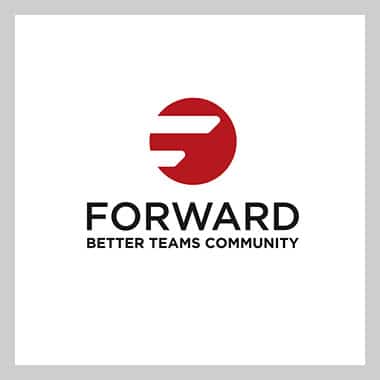Remote teams need to connect and engage with each other in meaningful ways. While team meetings are one way to do this, sometimes it’s enjoyable to talk about things outside of goals and KPIs. Why not start a book club with your team?
Book clubs can take many forms and shapes, and your team can decide how they want to structure it. Below are some things to consider as you form a book club.
Purpose
What is the purpose of this book club? Is the primary purpose of the book club for connection or learning? Or is it 50/50? Getting clear on the purpose is important because it will drive how often you meet, how you structure the meeting, and which books you select.
Book Topics
What types of books will this club read? A club with the purpose of connecting might choose light, easy to read books that are inspirational or entertaining. On the other hand, if learning is a primary purpose, the club might choose books that build skills or knowledge related to the work of the team. Some book clubs take an “anything goes” approach where any type of book is acceptable.
Book Selection
How will the books be selected? Perhaps you rotate the role of selection and each person picks a book when it is their turn. Another approach is for books to be recommended and the team votes on the one they want to read. It can be helpful to establish criteria such as the topic of the book, the length of the book, if it’s available as an audio book, etc.
Schedule and Timeline
How often will the Book Club meet? Will you meet twice a month or once a quarter? This decision might be impacted by your purpose and if you are meeting to discuss one chapter at a time or the entire book.
Meeting Agenda
Even if your purpose is primarily for connection, you’ll need some type of structure. First, how long is your meeting? Second, who will facilitate the meeting (and is this role rotated)? Third, at least one person needs to prepare some thought-provoking questions to start a meaningful discussion. Fourth, the agenda should be sent out prior to the club meeting date so people can prepare.
Ground Rules
It’s always helpful to be clear on the expectations of your Book Club members. Discussing and defining the ground rules or norms for this club will reduce friction and increase your success. What are the behaviors that are expected in order to meet the purpose of the club?
Book Club Member Roles
Established roles and responsibilities will help align the club and ensure it is successful. The roles may be assigned for a year at a time, or they may rotate with each book club meeting. Either way, defining the roles and spreading out the responsibilities increases engagement and interest. Some roles to consider are: Meeting Organizer, Facilitator, Timekeeper, and Note Keeper.
Recommendations to Get Started:
- Develop a proposal to share with the full team, then work together to create your Book Club Charter.
- Select the first book and establish the agenda for the first meeting.
- Conduct your first meeting.
- Evaluate the first meeting. What worked? What would make it better?
- Determine if the team wants to continue the Book Club.
Here are some ideas for books that might be both easy to digest, interesting and relevant:
- Free to Focus: A Total Productivity System to Achieve More by Doing Less by Michael Hyatt
- Atomic Habits: An Easy & Proven Way to Build Good Habits & Break Bad Ones by James Clear
- The 7 Habits of Highly Effective People by Stephen Covey
- Who Moved My Cheese? By Spencer Johnson
Summary
Creating a Book Club for your remote team is a fun and meaningful way to connect. This interaction can provide a blend of socialization and learning. Each team can collaborate to design a Book Club that will work for them including the topics, timeline, and ground rules of their club.
About the Author: Leigh Ann Rodgers, Founder of Better Teams and Forward, is an IAF Certified Professional Facilitator with 20 years of experience in the human development field. Leigh Ann is a skilled meeting facilitator, trainer, and coach working across the globe to help leaders cultivate teams that are happy and high-performing.
Learn. Share. Practice. Move FORWARD. Join the Better Teams community, FORWARD, to network and grow with some of the most experienced professionals in the field of team building and facilitation. LEARN MORE

